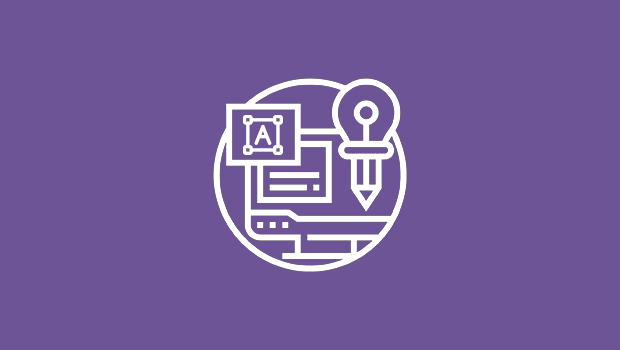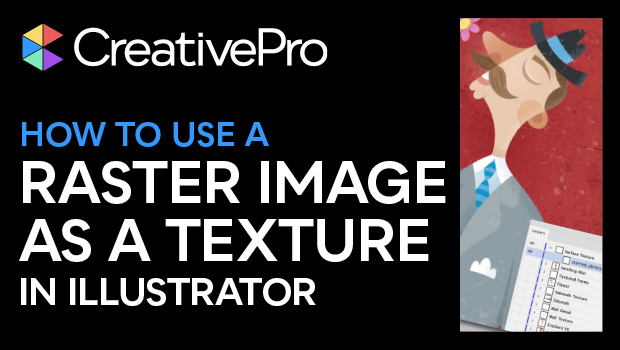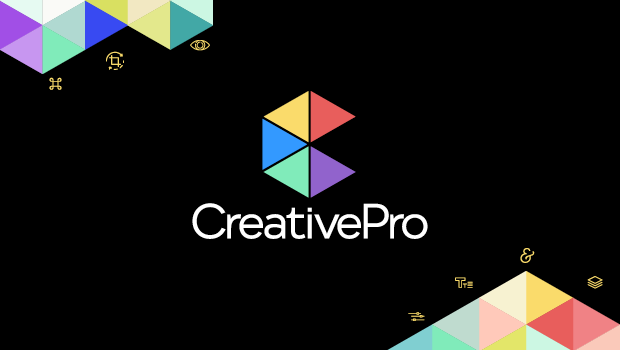Don't Look Now But My Age Is Showing

E-books make me feel old. Here I am, a journalist who has covered emerging publishing technologies for a decade and who still gets giddy about upgrades to Adobe Photoshop. But when it comes to e-books I turn the other cheek and say “No thank you,” like my 2 1/2-year-old daughter does when I offer her broccoli with dinner.
My shackles were rattled this week when I read (gulp, yes, online) that Stephen King just released a short story available only as an e-book. At first I scoffed it off as a publicity stunt, thinking how presumptuous King is to believe that he can bring e-book technology into the mainstream. Then I began to ask myself why, when I embrace so many kinds of publishing technologies, do I reject this one?
The Horror, the horror
Now, I’m not going to put forth a bunch of sappy drivel about how nothing compares to curling up with a good paperback in front of the fire on a rainy day (just try to do that with a computer), or how a newspaper is so much more convenient and readable than some electronic device that has much lower resolution and requires a battery.
And I’m not so naïve as to think e-books are a passing fad-especially once Microsoft enters the fray, which it will with its planned e-book reader later this year. I’ve seen how technology evolves and matures, and I know that that what exists today may bear little resemblance to the electronic books of tomorrow. But I’m about as capable of visualizing what that may be as I am capable of believing that we (or our great-great-great-grandchildren) will be able to ask a computer to replicate tea, (Earl Grey, hot), from thin air.
What they say is that e-books of the future will be lightweight and readable; they’ll have Web-like links and search capabilities; and they’ll be continuously updated. The benefits for the publisher are especially notable: The ability to zap text in the form of ones and zeros across the Internet is infinitely faster and more affordable than the traditional publishing model, which involves printing, storing, and distribution costs. And e-books make self-publishing significantly easier-if you have any doubts, check out eBookNet.com, an online community of e-book enthusiasts.
New Tales of Horror: Piracy coming to e-print?
But there are too many question marks for me, as a technology junkie, as a writer, and as a consumer, to jump on this bandwagon just yet. The issue of digital rights management is right up there, for example: How do authors and publishers ensure that copyrights are protected? How do they control and charge for their intellectual property? Vendors from Adobe to Xerox are working on the challenge, recognizing that e-book publishers must learn from the experience of the music industry, which is scrambling to regain control over online distribution of music files two years after MP3 took consumers by storm. Now, the public thinks they’re entitled to free (read: pirated) digital music.
Second, although I’m not the conspiracy-theory type, I just can’t help but be reticent about what can be construed as the planned obsolescence of yet another medium. Remember eight-tracks and LPs? Remember DAT backups? Sure the new technology is always better-I love my 5GB G3 with its built-in Zip drive and AppleCD Audio Player-but it’s frustrating as a consumer to continually have to cough up more money to replace technology just as soon as you invest in it. I’d say I’m on the liberal side of this argument, too-I {I}want{/I} the latest and greatest versions of all my favorite software apps as soon as they’re available, but consider the fact that almost half of U.S. households don’t even own a desktop computer. Those folks certainly aren’t going to buy and read e-books if they don’t think it’s worth investing in access to online banking or cheaper airline tickets.
Finally, although supporters say e-books will ultimately be cheaper than paper, that’s far from being true now. Just look at Stephen King’s “Riding the Bullet”: sure, it costs just $2.50, but that’s for 16,000 words. A full-length novel is easily five times as long, so if you do the math, you find that’s a $12.50 e-book-about the same cost as a trade paperback.
So that’s why the skeptic in me reigns supreme on this one. As a consumer, I’m much more excited about the potential of using digital short-run production printers, such as Xeikons and DocuTechs, to keep books in print; for the time being, I think that technology serves a broader market-of authors, publishers, and consumers alike. I’d venture to say that most publishers and authors, like me, are curious to see how Stephen King’s e-book experiment pans out, but they’ll do little more than experiment themselves for the foreseeable future.
This article was last modified on January 8, 2025
This article was first published on March 15, 2000
Commenting is easier and faster when you're logged in!
Recommended for you

How to Use a Raster Image as a Texture in Illustrator
Learn how to use a raster image to create an overall texture in an Illustrator f...

Tip of the Week: Dynamic Spelling
This tip was sent to Tip of the Week email subscribers on June 18, 2015. Sign up...

3D Graphics Made Easy with Adobe Dimension CC
The release of InDesign CC 2018 wasn’t the only great news coming out of the Ado...



